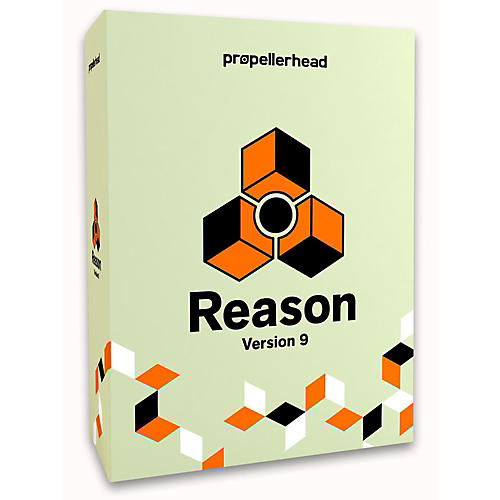

Department of Health and Human Services, Centers for Disease Control and Prevention 2016.The outbreak of Coronavirus disease 2019 (COVID-19), caused by severe acute respiratory syndrome (SARS) coronavirus 2 (SARS-CoV-2), has thus far killed over 3,000 people and infected over 80,000 in China and elsewhere in the world, resulting in catastrophe for humans. Source: Centers for Disease Control and Prevention, Kaiser Permanente. Note: Research papers that use Wave 1 and/or Wave 2 data may contain slightly different prevalence estimates. Number of Adverse Childhood Experiences (ACE Score) ACE Score Prevalence for CDC-Kaiser ACE Study Participants by Sex, Waves 1 and 2. Research papers that use Wave 1 and/or Wave 2 data may contain slightly different prevalence estimates. Note: 3Collected during Wave 2 only (N=8,629). ACEs Prevalence Prevalence of ACEs by Category for CDC-Kaiser ACE Study Participants by Sex, Waves 1 and 2. The prevalence estimates reported below are from the entire ACE Study sample (n=17,337). Note: Research papers that use Wave 1 and/or Wave 2 data may contain slightly different reports of participants’ demographic information.

Participant Demographics Demographic Information for CDC-Kaiser ACE Study Participants, Waves 1 and 2. Participant Demographicsĭemographic information is from the entire ACE Study sample (n=17,337).
Physical neglect: There was someone to take care of you, protect you, and take you to the doctor if you needed it 2, you didn’t have enough to eat, your parents were too drunk or too high to take care of you, and you had to wear dirty clothes.Ģ Items were reverse-scored to reflect the framing of the question. Emotional neglect: Someone in your family helped you feel important or special, you felt loved, people in your family looked out for each other and felt close to each other, and your family was a source of strength and support. Incarcerated household member: A household member went to prison. Parental separation or divorce: Your parents were ever separated or divorced. Mental illness in the household: A household member was depressed or mentally ill or a household member attempted suicide. Substance abuse in the household: A household member was a problem drinker or alcoholic or a household member used street drugs. Mother treated violently: Your mother or stepmother was pushed, grabbed, slapped, had something thrown at her, kicked, bitten, hit with a fist, hit with something hard, repeatedly hit for over at least a few minutes, or ever threatened or hurt by a knife or gun by your father (or stepfather) or mother’s boyfriend. Sexual abuse: An adult, relative, family friend, or stranger who was at least 5 years older than you ever touched or fondled your body in a sexual way, made you touch his/her body in a sexual way, attempted to have any type of sexual intercourse with you. Physical abuse: A parent, stepparent, or adult living in your home pushed, grabbed, slapped, threw something at you, or hit you so hard that you had marks or were injured. Emotional abuse: A parent, stepparent, or adult living in your home swore at you, insulted you, put you down, or acted in a way that made you afraid that you might be physically hurt. 
ACEs DefinitionsĪll ACE questions refer to the respondent’s first 18 years of life. The prevalence of ACEs is organized by category. Participant demographic information is available by gender, race, age, and education.

Each category is further divided into multiple subcategories. Adverse childhood experiences (ACEs) are categorized into three groups: abuse, neglect, and household challenges.








 0 kommentar(er)
0 kommentar(er)
